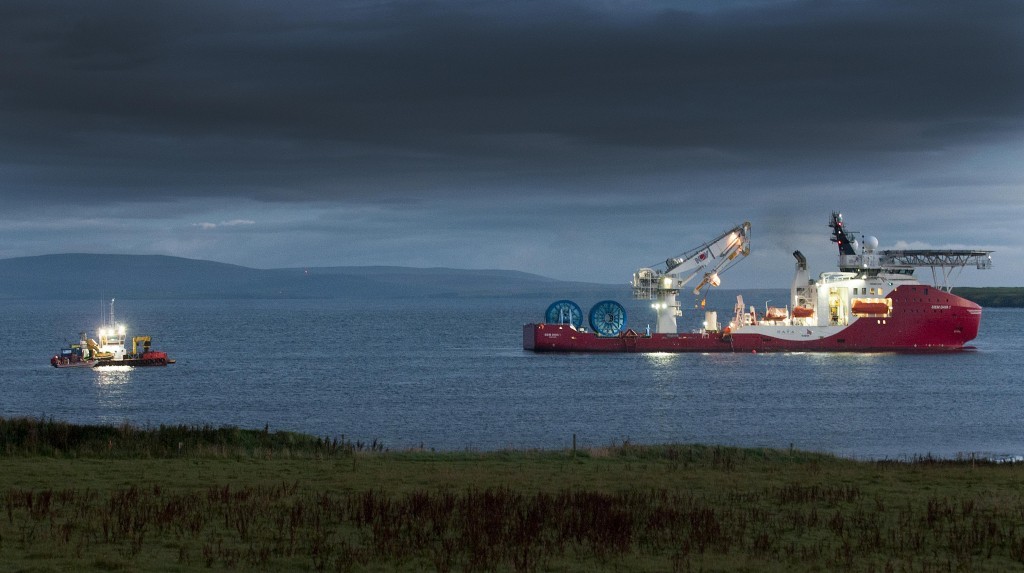
Unemployment in Scotland rose by 8,000 in the first three months of 2016 and now stands at 169,000.
The jobless rate north of the border continues to be higher than that of the whole of the UK, at 6.2% compared with 5.1%.
Employment in Scotland also fell over the period January to March and now stands at 2,578,000.
The Scottish employment rate is now 73.1% compared with a UK average of 74.2%.
The Office for National Statistics (ONS) figures show Scotland’s female employment rate of 70.1% remains above the UK rate of 69.2%.
Scottish Secretary David Mundell said: “These figures are a reminder of the real challenges facing Scotland’s economy.
“We know that we are experiencing a global economic slowdown, exacerbated in Scotland by the current downturn in the oil and gas sector.
“It is now more important than ever that Scotland’s two governments work together to do everything possible to boost the economy, create jobs and increase prosperity.”
Fair Work Secretary Roseanna Cunningham said: “Today’s statistics highlight ongoing challenges in Scotland’s labour market.
“Despite this, there are 141,000 more people now working in Scotland compared to the low during the recession.
“We saw record numbers in employment in Scotland during 2015 but employment rates are perhaps now starting to reflect the current economic challenges we are facing, in particular in the oil and gas industry.
“While our unemployment rate continues to be higher than the UK as a whole, our employment rate is 73.1%, which is the second highest in the four UK nations.
“Rates of female employment, unemployment and inactivity continue to outperform the UK, which is welcome, but we know we must do more to increase the numbers of women getting into good quality, full-time employment.”
Scottish Liberal Democrat leader Willie Rennie said: “It is a measure of how grim this news is that the only crumb of comfort SNP ministers can find is to say that things aren’t as bad as the depths of the 2009 recession.
“We need urgent action to ensure that we can build a strong sustainable economy and that starts with a transformational investment in education so businesses can hire the skilled staff they need.”
Scottish Labour public services spokeswoman Jackie Baillie said: “It is clear that there is no future for Scotland as a low-wage, low-skill economy. We have to invest in education to give our people the skills they need to compete for the jobs of the future.
“We can do things differently with the new powers of the Scottish Parliament. We don’t have to accept the Tory austerity that is holding our country and our people back. We can choose to invest in our people instead.”
Grahame Smith, Scottish Trades Union Congress general secretary, said the latest statistics were “worrying”.
“The Scottish labour market is experiencing a grim year and survey evidence suggests employment will continue to fall,” he added.
“The Scottish Government must quickly reassess whether its programme for the current year is sufficiently employment maximising.”
Colin Borland, the Federation of Small Businesses’ head of external affairs in Scotland, said the figures should trigger an “amber alert” for government.
“The decline in the oil and gas industry is obviously a factor – with the impact now being felt beyond the north of the country and the immediate supply chain,” he claimed.
“But, right across the economy, many small businesses are grappling with a raft of new regulatory changes, including the national living wage and new pension rules. These changes may be dampening recruitment intentions in our vital service sector.”
Recommended for you
